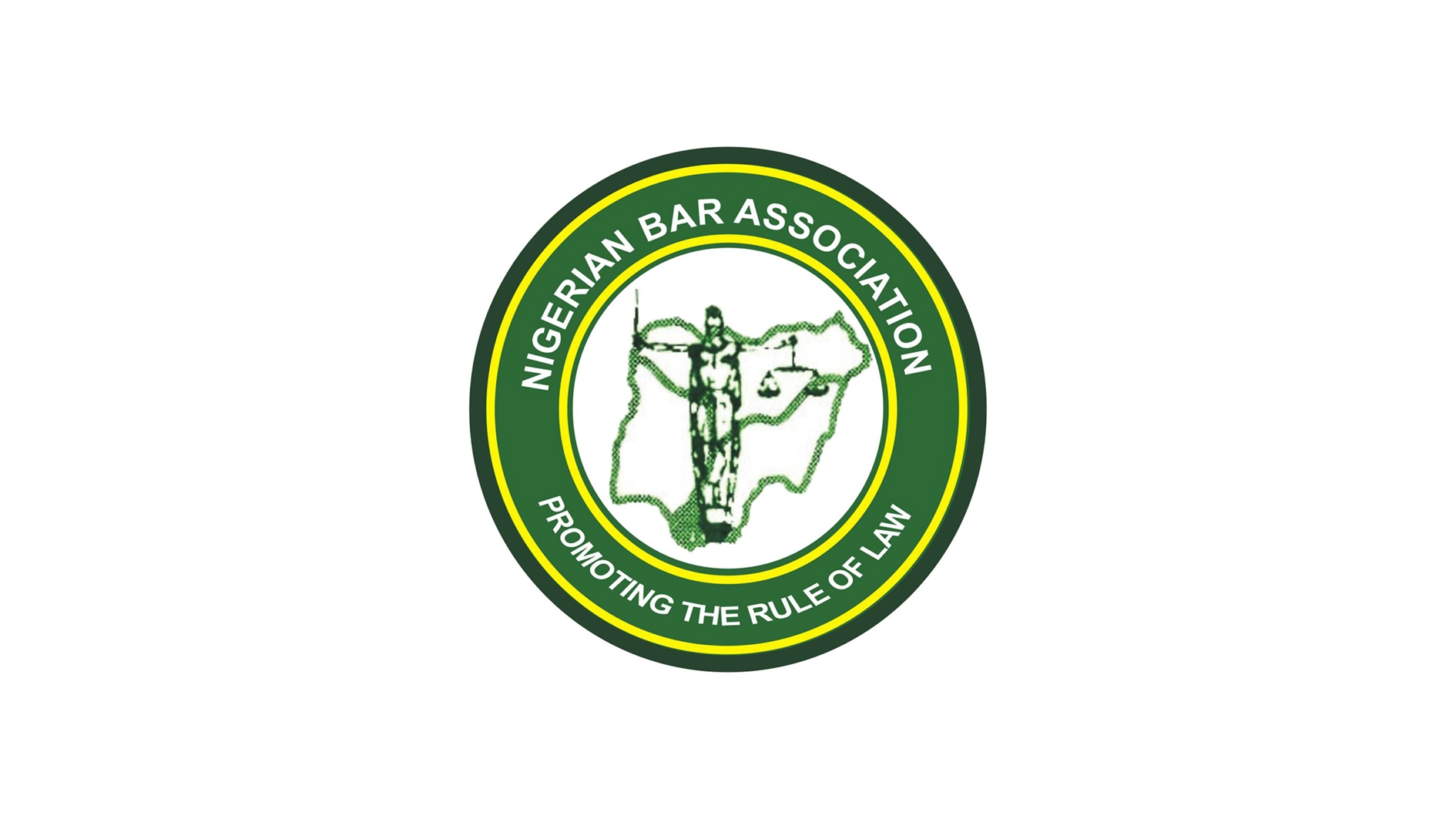
The Court of Appeal, Abuja Division, on Monday, discharged and acquitted former Chief Justice of Nigeria (CJN), Justice Walter Onnoghen, of a false assets declaration offence for which he was convicted and removed from office by the Code of Conduct Tribunal (CCT).
The CCT had, in its judgement, held that the false asset declaration charges brought against Onnoghen by the Federal Government also ordered the seizure of five bank accounts by the Federal Government.
However, a three-member panel of Justices of the Appellate Court, in a judgement on Monday, based on the terms of a settlement reached between the Federal Government and the former CJN, set aside the decisions of the CCT.
According to the appellate court, “judgement is entered in the appeal as per terms of settlement between the appellant and the respondent,” and it ordered that all bank accounts and assets seized from the former CJN be restored to him immediately.
Onnoghen was prosecuted in 2019 by the Federal Government on false declaration of assets at the Code of Conduct Tribunal, found guilty, and removed from office. He was also made to forfeit the undeclared assets to the Federal Government.
In his appeal, the former CJN pleaded with the court to set aside the judgement of the CCT that removed him from office and ordered the forfeiture of his five bank accounts.
Former President Muhammadu Buhari had, in 2019, removed Onnoghen as the Chief Justice of Nigeria during the pendency of a charge against him at the Code of Conduct Tribunal (CCT).
The former head of the Nigerian judiciary had prayed the Court of Appeal to void and set aside the CCT judgement delivered against him on April 18, 2019, on various grounds.
In his appeal, marked CA/ABJ/375 & 376 & 377/2019, Justice Onnoghen, through his lead counsel, Adegboyega Awomolo, SAN, asked the appellate court to quash his conviction primarily on grounds of want of jurisdiction, bias, and absence of a fair hearing.
The CCT had, in 2019, convicted Onnoghen on all six counts of breach of the Code of Conduct for Public Officers brought against him by the Federal Government while he was in office as head of the country’s judiciary.
In the lead judgement delivered by the Chairman of the CCT, Danladi Yakubu Umar, Onnoghen was ordered to be removed immediately from office as CJN.
The Tribunal had also stripped him of all offices he earlier occupied, including the chairmanship of the National Judicial Council (NJC) and the Federal Judicial Service Commission.
The tribunal also ordered the forfeiture of his five bank accounts and the money in them, which Onnoghen did not declare in his asset declaration form submitted to the Code of Conduct Bureau, CCB, an agency of the Federal Government.
However, dissatisfied with the CCT decision, Onnoghen, in 2019, approached the Court of Appeal in Abuja with 16 grounds explaining why his conviction by the Tribunal should be quashed.
Among others, he maintained that the Danladi Umar-led CCT panel erred in law and occasioned a miscarriage of justice against him when it failed to decline jurisdiction to entertain the six counts against him.
He contended that the CCT Chairman ought to have recused himself from presiding over his trial.
In his seven-point reliefs, Onnoghen applied for an order setting aside his conviction, quashing the order for forfeiture of his assets, and discharging and acquitting him of all charges levelled against him.
Listing some of the particulars of error in the CCT’s verdict, Onnoghen argued that he was a judicial officer at the time the charges were filed against him on January 11, 2019, and as such, could not be subjected to the jurisdiction of the lower tribunal.
“On the authority of Nganiiwa v. FRN (2018) 4 NWLR (Pt. 1609) 30: at 340.341, only the National Judicial Council (NJC) has the power to discipline the appellant for misconduct and not the lower tribunal.
“The lower tribunal had, in the case of FRN V. Sylvester Nwali Nguta in charge No: CCT/ABJ/01/2017 delivered on January 9, 2018, affirmed the position of the Court in FRN Nganjiwa v. FRN and dismissed the charges, acquitting and discharging Justice Ngwuta, being a judicial officer subject only to the discipline of the National Judicial Council.
“The lower tribunal has no jurisdiction over serving judicial officers such as the appellant, save the National Judicial Council.
“The Motion on Notice dated 14th January 2019, challenging jurisdiction, ought to be granted in all material particulars as it purports to save the lower tribunal from a needless futile exercise.
“The lower tribunal erred in law when it dismissed the appellant’s application seeking the chairman to recuse himself from further proceedings on the ground of real likelihood of bias, thus occasioning a miscarriage of justice.
“The appellant has alleged that the chairman of the lower tribunal is biassed towards him as a result of open remarks in the tribunal as well as the manner in which the proceedings were conducted.”
Contrary to the CCT’s findings, Onnoghen said he did not admit to the non-declaration of assets from 2005 as Justice of the Supreme Court, adding that he only stated he did not declare in 2009 as required because he forgot.
Onnoghen challenged the order for the confiscation of his assets on the grounds that they were legitimately acquired, contrary to the provisions of paragraph three of Section 23 of the CCB Act, which only permits the seizure of such assets “if they were acquired by fraud.”
He faulted the failure of the prosecution to present the petitioner, Denis Aghanya, before the tribunal, whose petition led to the charges against him.
Onnoghen maintained that all the allegations brought against him “constitute no offence and should therefore not have formed the basis for his conviction.”
The former CJN asked the Court of Appeal to issue orders against the CCT judgement, including that the tribunal lacked jurisdiction to entertain the case and that its Chairman ought to have recused himself from the proceedings.
Onnoghen, therefore, applied for an order setting aside his conviction and another one setting aside the order for forfeiture of his assets made by the Tribunal, as well as for discharging and acquitting him from the charges.
Responding to the judgement, the legal team for Justice Onnoghen praised the Court of Appeal’s decision, emphasising its critical role in restoring respect for the judiciary’s autonomy, which is essential under Nigeria’s 1999 Constitution.
“The ruling strengthens the judiciary’s foundation as the backbone of Nigeria’s constitutional democracy, providing a beacon of hope for Nigerians to renew their confidence in judicial integrity,” noted Chief Asiwaju Adeboyega Awomolo, SAN, a senior advocate representing Justice Onnoghen.
He acknowledged the current Attorney General of the Federation and Minister of Justice, Prince Lateef Olasunkanmi Fagbemi, SAN, for his role in the appeal process. The statement further extended gratitude to President Bola Ahmed Tinubu for endorsing constitutional principles and the judiciary’s independence, reinforcing the separation of powers as mandated in the Constitution.
As Awomolo said, “Justice is rooted in public confidence, and that confidence must remain unshaken by any form of executive interference. We hope this case serves as a reminder that the judiciary’s honour, independence, and integrity must never again be undermined.”
He added that with the Court of Appeal’s decision, Nigerians are encouraged to trust in the judiciary’s capacity to resolve disputes impartially. The ruling is expected to positively influence public perception and re-establish the judiciary’s standing as a fair and independent arm of government.






